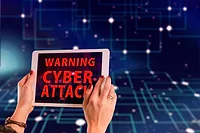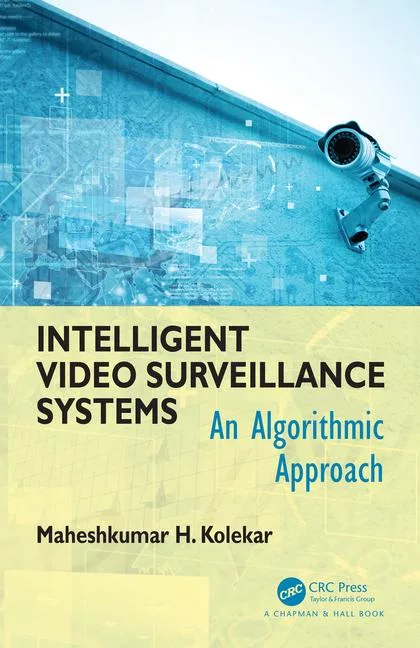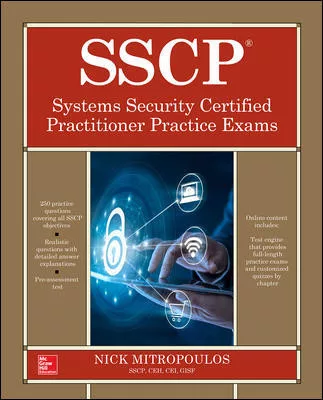Atlanta Municipal Systems Hit with Ransomware Attack
Atlanta city employees coming to work this morning were handed an unusual notice: don’t turn on your computers. The municipal systems had been hit with a ransomware attack on Thursday, and employees at City Hall were not to use their computer until they were cleared by the municipal IT group.
According to the Atlanta Journal-Constitution, city officials have been struggling to determine how much sensitive information may have been compromised in the attack. Atlanta Mayor Keisha Lance Bottoms told employees to monitor their bank accounts.
"Let's just assume that if your personal information is housed by the City of Atlanta, whether it be because you are a customer who goes online and pays your bills or any employee or even a retiree, we don't know the extent, so we just ask that you be vigilant," Bottoms said.
The attackers demanded the equivalent of $51,000 in digital currency to unlock the system, and the attack is affecting applications customers use to pay bills or access court-related information, USA Today reports.
According to Craig McCullough, AVP, U.S. Federal for data protection and information management solution provider Commvault: “The recent ransomware attacks on Atlanta’s computer systems is another wake up call for the U.S. Government to be better prepared to defend against cyber-attacks. Unfortunately these attacks are not isolated incidents and will continue across Federal, state or local governments among organizations and agencies relying on legacy solutions and heterogeneous infrastructures that are pieced together to deal with individual needs over time. The implementation of a more secure and more easier [sic] to manage environment can be realized by leveraging the capabilities of a modernized secure cloud or on premise environment. This would allow federal agencies to offset the high costs of managing and owning their own hardware and data centers with a solution for providing enhanced security and protection of government data. With this modern data management and protection infrastructure in place, the U.S. Government will be better prepared to prevent attackers from accessing government data, quickly detect potential threats when they get access, minimize unauthorized access to data through strong authentication and authorization tools and allow them to quickly implement disaster recovery steps to restore systems.”
Looking for a reprint of this article?
From high-res PDFs to custom plaques, order your copy today!








